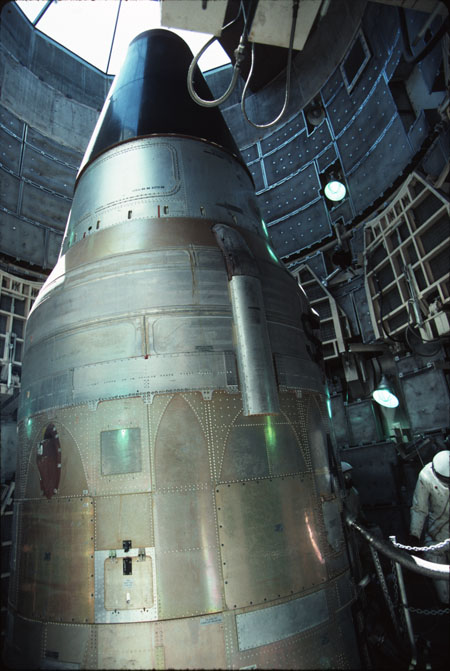In keeping with my field of study for next year (“Geopolitics and Grand Strategy”) I have decided to compose a couple of articles about the geopolitical importance of multiple countries.
France will be the target of today’s post.
Looking at a map of Europe, France holds a very powerful position. It borders seven countries and two bodies of water. Andorra, Spain, Belgium, Germany, Switzerland, Monaco and Italy all border France. The English Channel separates France from the only other European nuclear power, the United Kingdom. The Mediterranean Sea separates France from the north coast of Africa and the Western-most coast of the Middle East.
France has neared superpower status on multiple occasions, most notably the reign of Napoleon being the closest. Instead of growing into its potential, France has been subject to English domination in the 18th century and then subjected to Nazi rule in Germany. Now France holds an interesting position where they may hold the key to the ambitions of the US in Eurasia.
Generally speaking, in a vote that splits the UNSC East v. West the votes will be grouped with China and Russia on one side and France, UK, and the US on the other side. If you need proof of this, look at past votes over whether to impose sanctions on North Korea and Iran. It is hard to imagine the US without the UK by its side. The US/UK alliance is an impotent duo at best. The UK lost its geopolitical importance during the Second World War; since 1945 the UK has failed to be a geopolitical player. It may be a subject of their distance from West/East divide (which I would put probably in Eastern Europe descending on the Eastern border of the Ukraine and Turkey, both of which will be the subject of this series in the upcoming week) or their impotency on the world stage. The other duo is the “Eastern Alliance” (as I will call it) of Russia and China which will reliably protect their interests both in the Middle East and East Asia. This is where France’s situation becomes interesting.
For most who pay attention to international politics, France is often an unreliable, erratic actor. Sometimes they are staunch allies of the United States and other times they are the first to criticize the US. In a contested vote on the Security Council, France often holds the deciding vote. This makes the relationship between the US and France a delicate one. With the rise in potency of the European Union in the past decade France also has the ability to united Europe to reassert itself as the world’s superpower (I say ‘reassert’ referring to the time when Europe was the head of exploration and colonialism). France has the unique ability to do this because of their geographic location, their nuclear weapons stockpile (third largest in the world), and their ability to lead. When consulting my peers about the question of leadership in Europe many asserted it was Germany, not France, had the ability to lead. I think Germany has two problems. The first being the most obvious, they are not a part of the nuclear club. The second harkens back to World War II and Nazi rule. There is still a collective memory of the Holocaust which weighs heavy on any assertion of German leadership. Therefore Germany holds the excellent ability to fight for a united Europe without German leadership.
If Europe united with France leading the way into 2010 and beyond, the US may have to rethink its strategy in Europe. The hundreds of thousands of US troops stationed in Europe would be forced to come home, and the US would lose influence on the world’s largest land mass and population center (Eurasia).
France is clearly the main player in European geopolitics; they hold the key to the entirety of Europe, both in and out of the UN. The alliance between the US and France one that is necessary of frequent nurturing. A hostile France could substantially limit the power of the United States in Eurasia.



